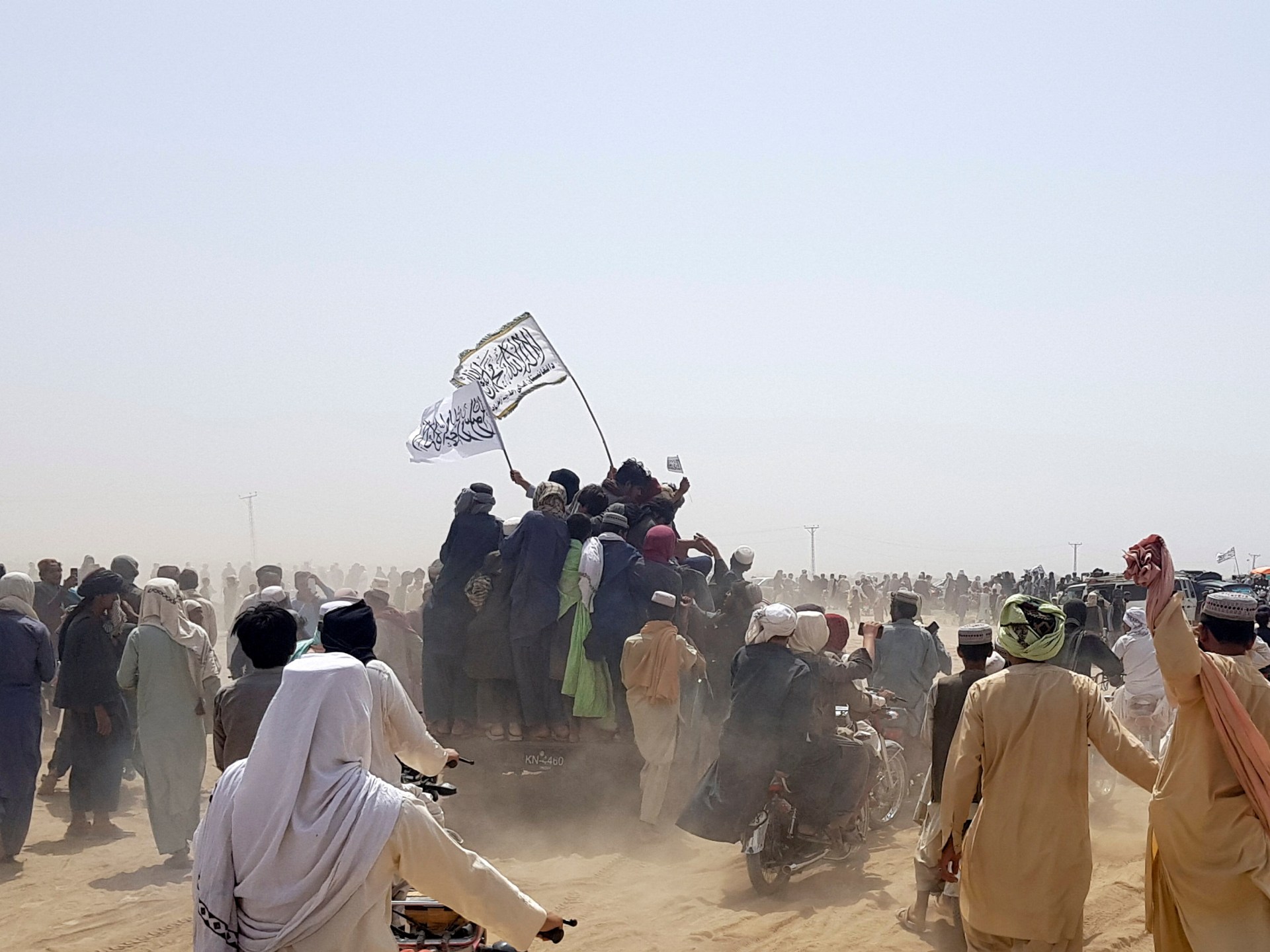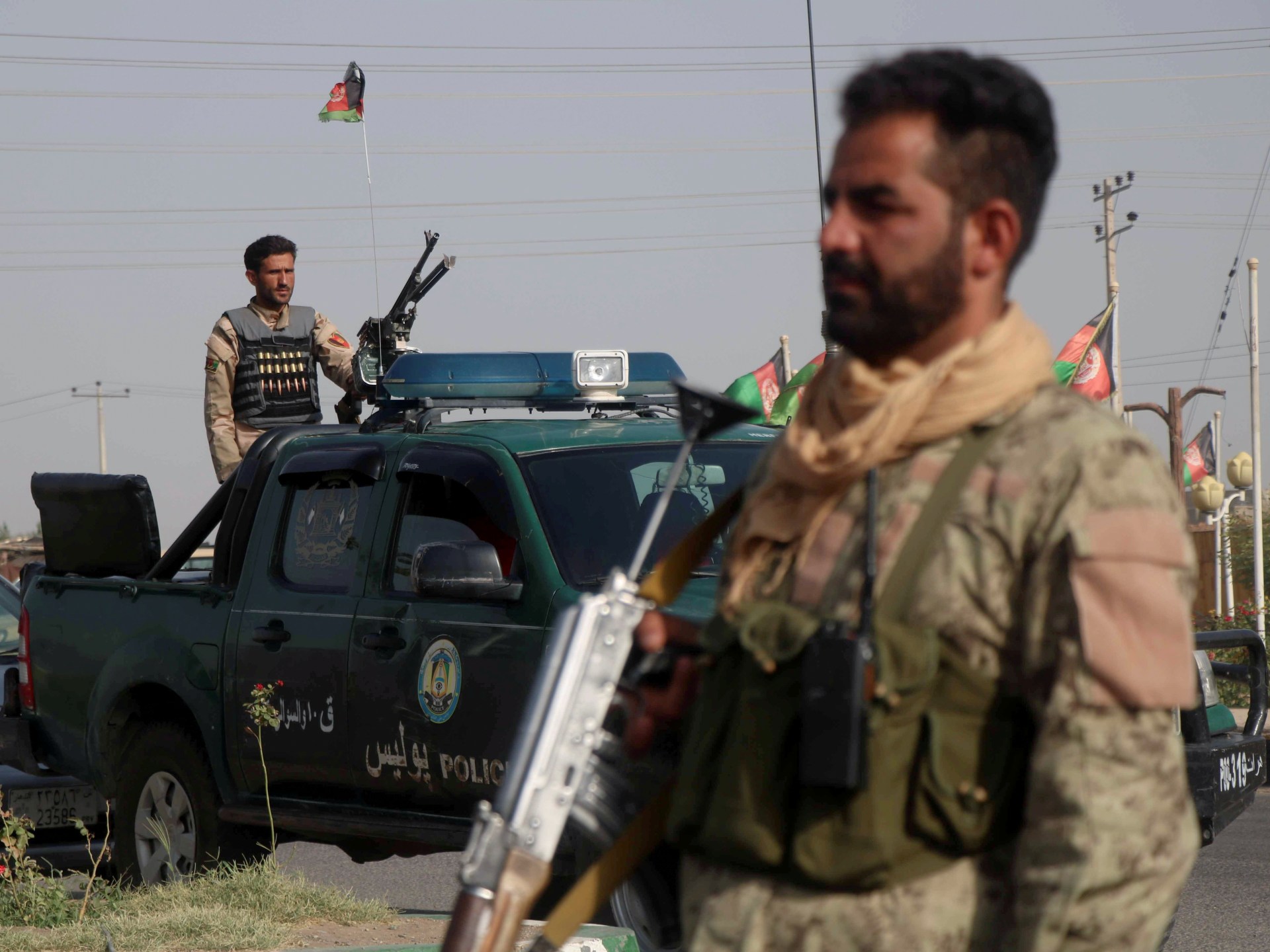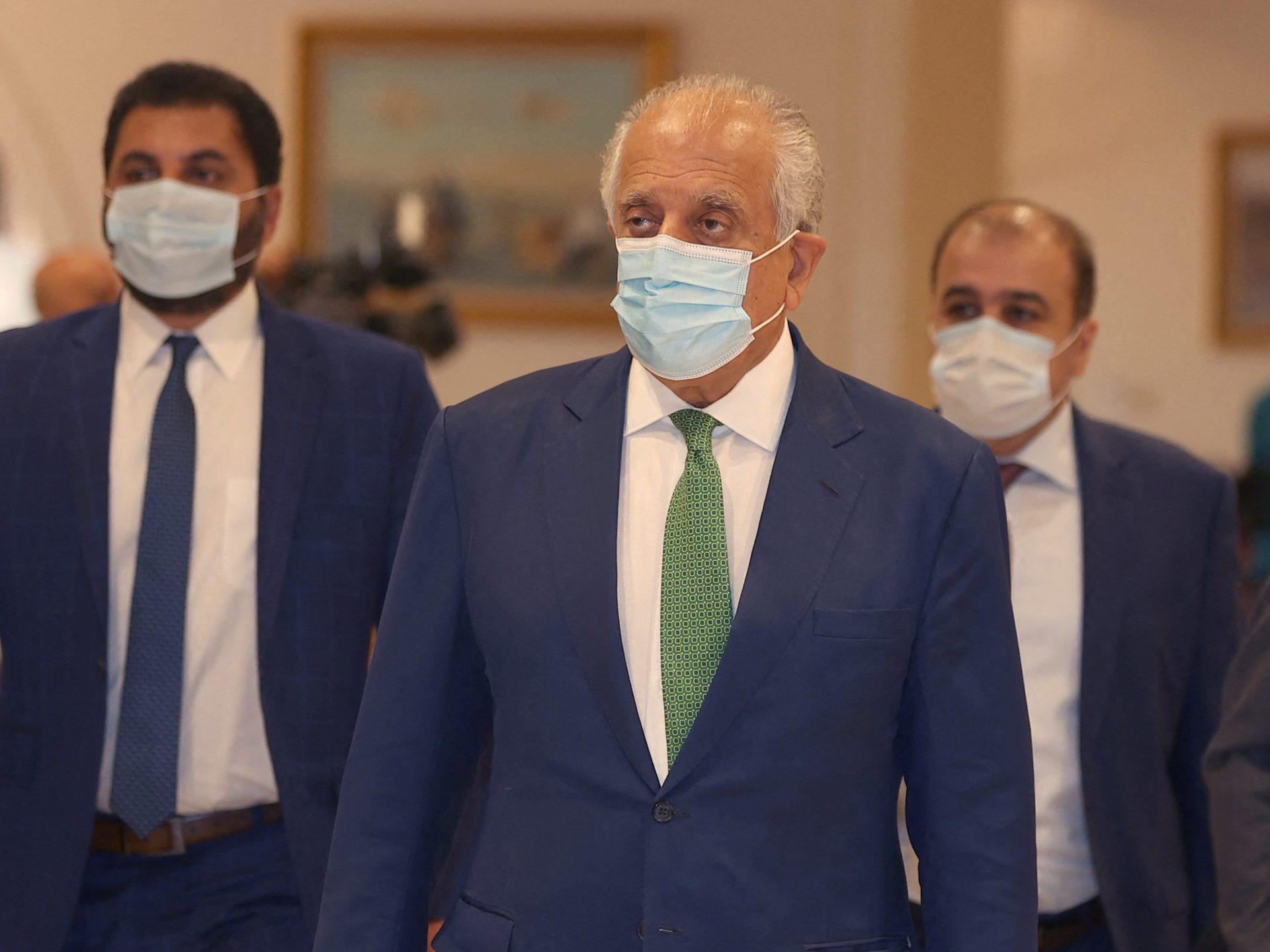Part 4 of 6: Understanding Afghanistan as a multi-focal civil war
13. In Sima Qian’s Shiji (literally translated, “Book on Historical Records”), we can reconstruct his attitudes towards the Han empire’s imperial expansion. There is an analogy to be drawn here with American hubris in fighting in both Iraq and Afghanistan. Often it is through confrontation with others that a people can better understand themselves.
(a) The way Sima Qian presents the Xiongnu people, is a reflection of his understanding of the mistakes of the Han empire and his emperor, Wu Ti — at that time, the northern barbaric nomads, fighting on horseback, were arguably the most troublesome enemy of the Han. In Shiji’s constituent chapter “The Account of the Xiongnu”, this work aims to reveal how the ancient historian reflects on his empire. For many Chinese, reading history is the opportunity to learn from past mistakes — thanks to ignorant imperial presidents like Trump, who prides himself as wilfully unaware of the mistakes of the past — Americans under his administration was unable to learn from history to avoid mistakes from the peace deal that resulted in the Fall of Saigon, in April 1975. The American agreement with the Taliban, signed on 29 Feb 2020, is equally flawed. "Trump's unfortunate deal with the Taliban was the beginning of the end,"Germany's defense minister said.
(b) Grievances, Pakistan and infighting could not explain every incident of battlefield defeat. After Obama’s surge, when it was time for the Afghan government to stand on its own — Afghan police and soldiers were giving up in battle. The average soldier and policeman simply did not want to fight as much as his Taliban counterpart. As a result, the Afghan government was losing ground. Following the signing of a peace deal between the US and the Taliban, Afghan security forces have been racked by waves of violence. On the ground, Afghan government commanders have said they fear mounting casualties among their men are undercutting morale. Some Afghans are of the opinion that America has betrayed them, and a responsible withdrawal by U.S. / NATO was needed. But:
Q: What have the Afghans been doing since 2014?
(c) Keeping in mind that the U.S. and NATO combat mission formally ended in Dec 2014. If the Afghan National Army can’t fight after 7 years of help, maybe they are a force that can’t fight. Part of the reason for Taliban gains is local militias shifting away from the Afghan government. Let me share a quote, that I dislike, from a former US Marine officer who served in Afghanistan:
“I can tell you from personal experience that infantry forces spent a lot of time during firefights just trying to get Afghan soldiers to shoot in the right direction or at all for that matter. You also hoped that they were not high on opium or marijuana before a combat patrol.”
On the Afghan government and security forces amid Taliban gains, the Pentagon says: "These are their military forces, these are their provincial capitals, their people to defend and it's really going to come down to the leadership that they're willing to exude."
Kunduz is now under Taliban control, the fourth provincial capital in three days to be captured, with the government looking dangerously close to losing its traditional base of support in the north. The airport outside the city is still in government hands for now, with commandos and air support being flown in to attempt to retake the city.
14. In 2001, Lt Gen. (retired) John F. Mulholland Jr. was a colonel who was in command of the 5th Special Forces Group and the 12 strong ODA 595. Within days of the Sept. 11 attacks, he helped plan the initial push into Afghanistan, a mission that would, enable the Northern Alliance and ODA 595 retake the city of Mazari Sharif. Dostum with the help of ODA 595 led his nomadic people charging into war the same way his ancestors had—on horseback and together with the Northern Alliance, they would topple the Taliban in a few months. For the first time in the then-roughly 50-year history of U.S. Special Forces, the soldiers of ODA 595 would be asked to lead an actual unconventional warfare campaign, partnering with indigenous forces to take down the Taliban government.
(a) If Afghanistan in 2021 is once again lost to the Taliban (both as a network with ISI support and as an extremist religious movement), the Biden administration does not get to shift the blame to Trump (for the deal made to withdraw American troops), as the US DoD under Secretary Austin well know that the logistically challenged Afghan National Army is not ready — I strongly believe that Biden has cynically decided that it is no longer an American interest to keep the corrupt regime in Kabul afloat — Pakistan (and by extension China), can own this problem going forward.
(b) As I understand it, the Taliban going on the offensive to capture the fourth largest city in Afghanistan, Mazari Sharif. This city is the capital of Balkh province in Northern Afghanistan and it is from multiple directions. But the Jamiat-e Islami militia members, led by Atta Mohammad Noor, has mobilised against advancing Taliban.
(c) In 2017, the relative security in Balkh province allowed reconstruction programs to move forward and additional international aid to be disbursed in the province. That allowed Noor, a former anti-Soviet and anti-Taliban militia commander from the largely ethnic Tajik Jamiat-e Islami party, to become the main source of political power in Balkh Province. But President Ghani, an ethnic Pashtun, had vowed to replace all of Afghanistan's provincial governors and dismissed Atta Mohammad Noor because he was seen as too powerful.
(d) On 28 July 2021, the Washington Post reported that the remnants of the Northern Alliance, like Ahmad Massoud (son of anti-Soviet military leader Ahmad Shah Massoud), Atta Mohammad Noor and Abdul Rashid Dostum, were remobilizing under an umbrella. Former Vice President, Abdul Rashid Dostum (as the leader of the Junbish-i-Milli party, influential among the Uzbek ethnic minority), and Defense minister Mohammad met to discuss Dostum's proposal to retake the North, on 8 Aug 2021. As you know, Dostum and the 12 Americans in ODA 595, are the liberators of the city of Mazari Sharif from the Taliban, 20 years ago back in 2001.





